In a big school every child is known by lots of adults, but no one is known by everyone. The same goes for adult-to-adult recognition, especially of valued colleagues amongst us temporarily. It makes for a different dynamic to smaller schools, and certainly to primary schools. People know their team: the department or tutors, the senior team and support staff they work alongside or call upon for specialist services. We can go weeks without meeting people outside our usual ambit, I really need staff briefing every week to scan the room and make sure I recognise all the faces. Like absolutely everything else this is difficult at exam time because briefing is squashed into the staffroom, which has an actual wall across the middle, and spills out onto the corridor.
Recognition has come up in discussions about site security of late. Apparently 2% of the population are super-recognisers who can recognise faces fleetingly seen, even in a crowd, years ago. I wonder if teachers are better at it? Perhaps the fact that the average age for a teacher in England is 39, the fifth-youngest in an international study – might help us. And as if you’re interested, Italy and Estonia have the oldest average teacher age, at about 50, Singapore the youngest at 36. The global average is 43: Finns, Czechs and Norwegians. These facts may be useful to you, though I don’t know how.
If we’re serious about schools being microcosms of society, little communities in which children may learn, make mistakes and put them right, then its good if teachers look like the outside world. All ages and backgrounds and – within reason – all kinds of personalities. It’s important for children to know that there’s not just one kind of person who’s learned, or who’ll care for them, and very important for them to know that all types of folks can be teachers. We need everyone we can get.
There’s an article on BBC News today asking ‘Would a 1.40pm Friday finish stop teachers quitting?’ alongside two stories about how impossible teaching is and another one about a bright young thing who loves it and will be deputy head of English in her second year of teaching. All these stories are depressing. The week doesn’t need changing, the job shouldn’t be impossible and someone in year two might not have the experience and understanding to help lead one of the two big departments and guide other teachers. However, schools have to appoint the best they have, and when no one comes to interview, good souls in school are promoted early, which leads to a different set of problems and a different kind of burnout. But good for her.
I don’t think I’m a super-recogniser, though I did used to know 450 names by October half term when I was in the classroom, and it was only when age addled me that I had to forget the previous years’ in order to store new ones.
I wish I knew more. I wish I knew the name of the young person commanding an audience in the Block 1 airlock today, lecturing her friends on enzymes. She’d be a good teacher. Another sits and reads quietly. He might be good at it too.
Yesterday I was mildly concerned by whooping outside at first lunch. From my angle, it looked as though small children were hurling themselves against a wall at speed, though the adults seemed entirely unconcerned so I didn’t investigate further. This morning, I spotted a Head of Year with a stepladder, and noted at break that horizontal red lines had appeared on a wall for children to leap at, yelling with laughter as they fly through the air. It’s an alternative to skipping: I’d like to know more of their names.
Perhaps an elegiac tone in this, my last half term, where everything is normal but underpinned by oddness. How to cope? Poetry, obvs. The sad death of John Burnside sent me back this Scotsman who was ‘shamelessly in pursuit of the invisible’. When he wrote, he listened quietly to himself and waited for stillness: ‘the traditions of my reading and of my true kinfolk, the native urges of my blood, the sense I have of being anchored to gravity and light. All those frequencies’.
That’s what I feel about being in a great school: the traditions, kin, gravity and light and the particular frequency that’s the feel of the school, that blows you over when you walk through the door.
So I give you the last verse of ‘The Night Ferry’, which speaks to my condition:
| Give me these years again and I will spend them wisely. Done with the compass; done, now with the chart. the ferry at the dock, lit stern to prow, the next life like a footfall in my heart. |
CR
6.6.24

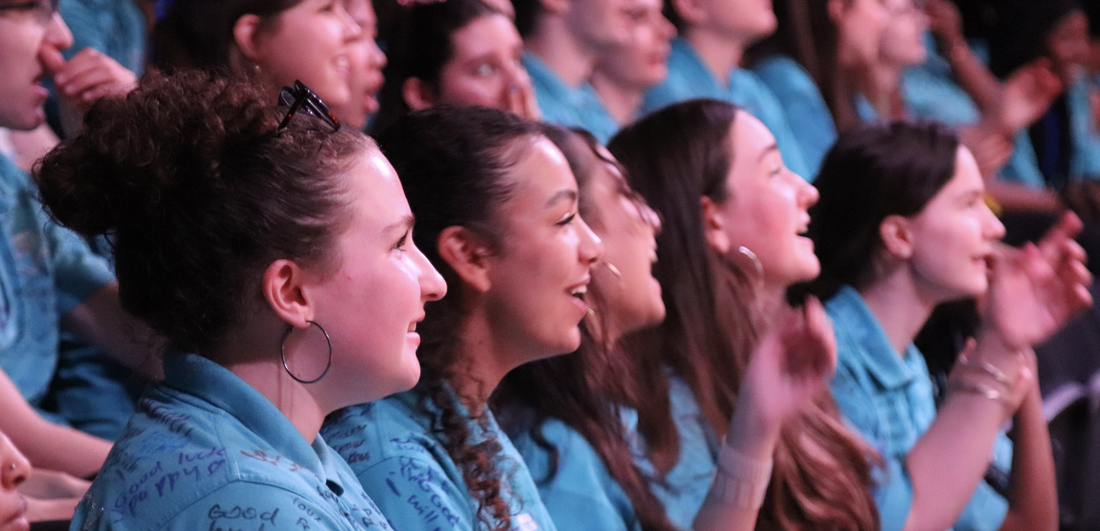
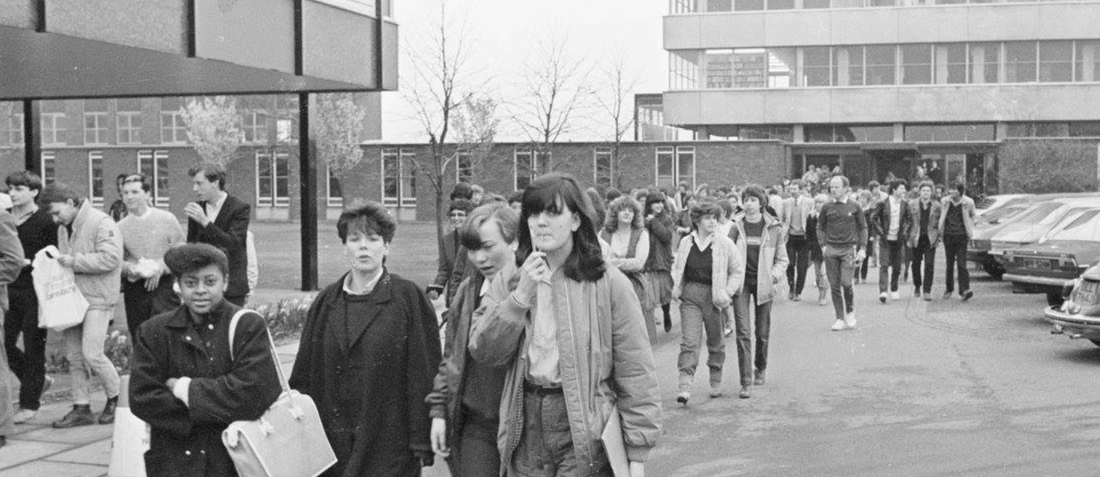
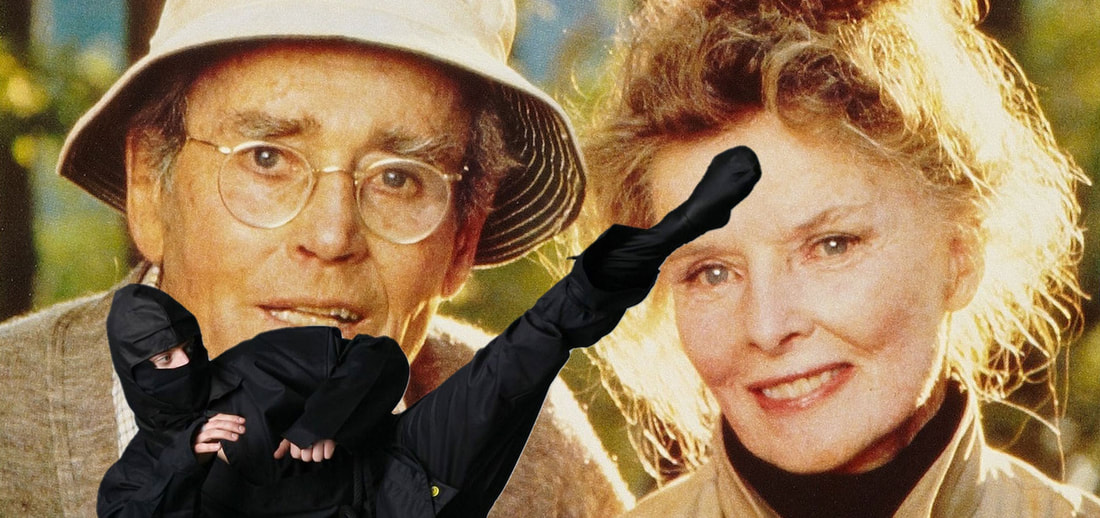


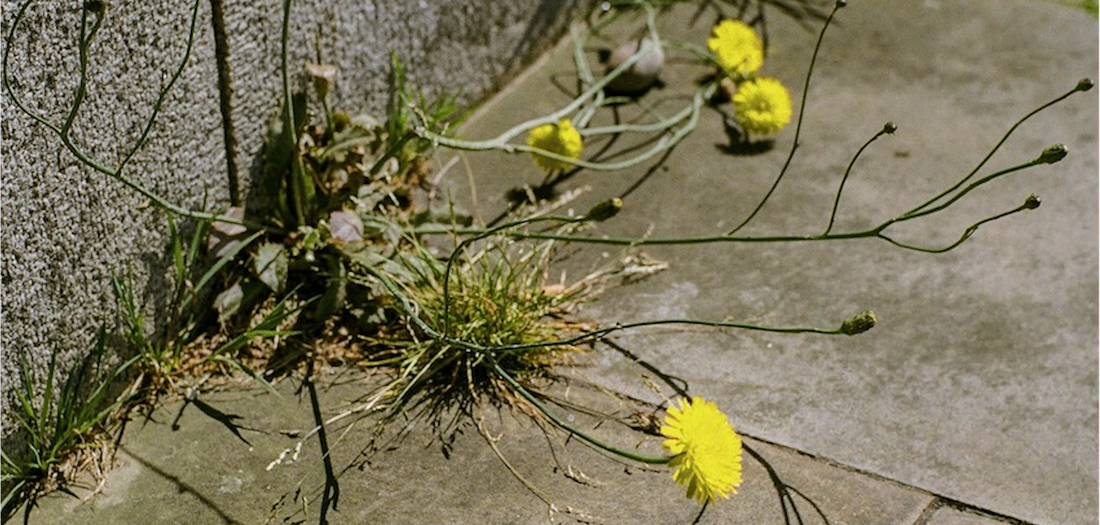
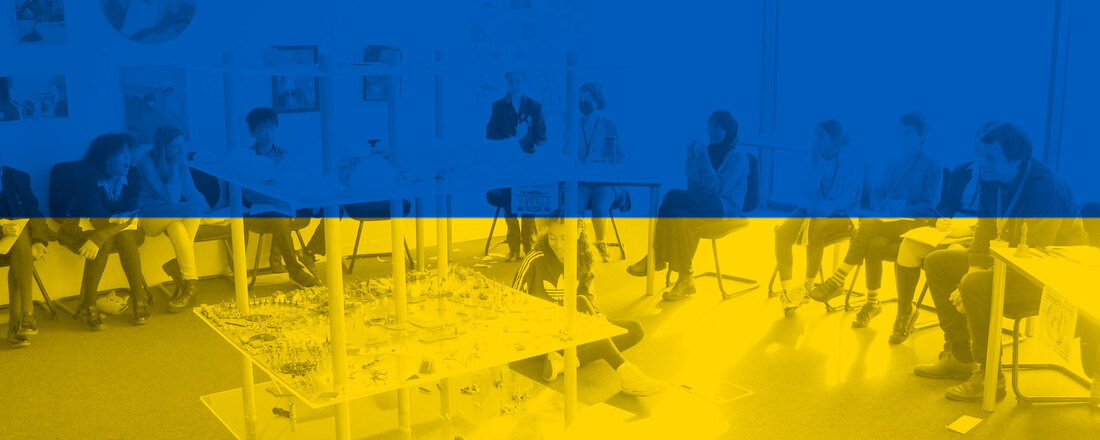
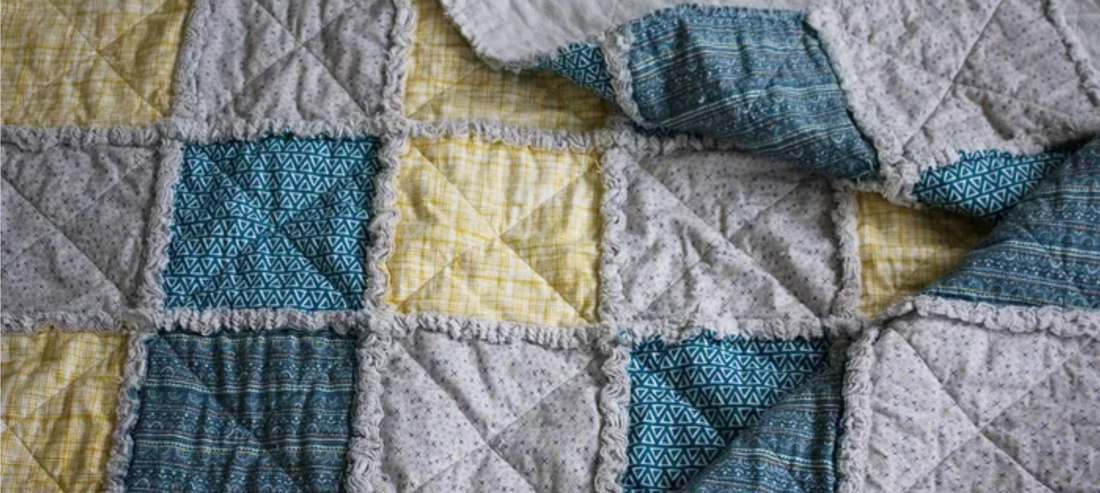
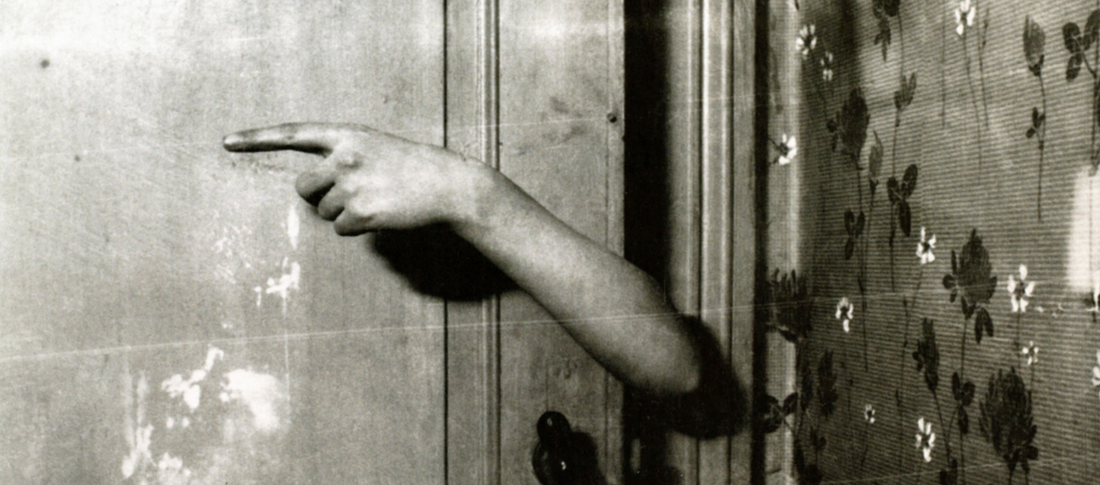
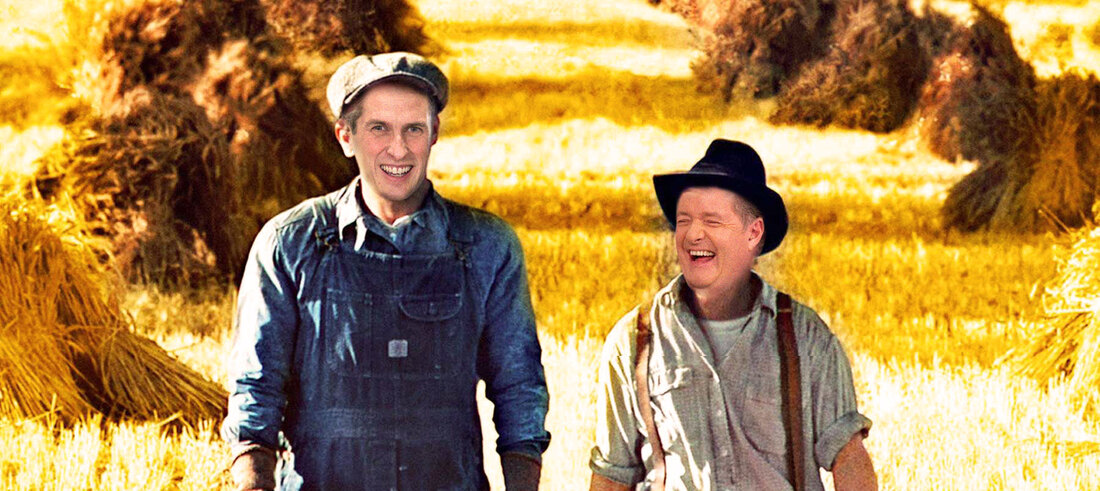

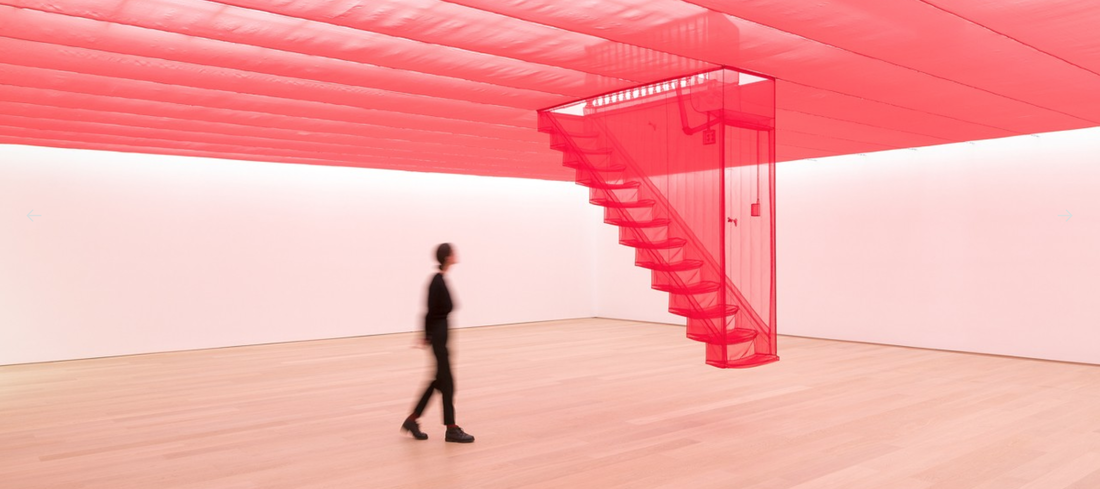
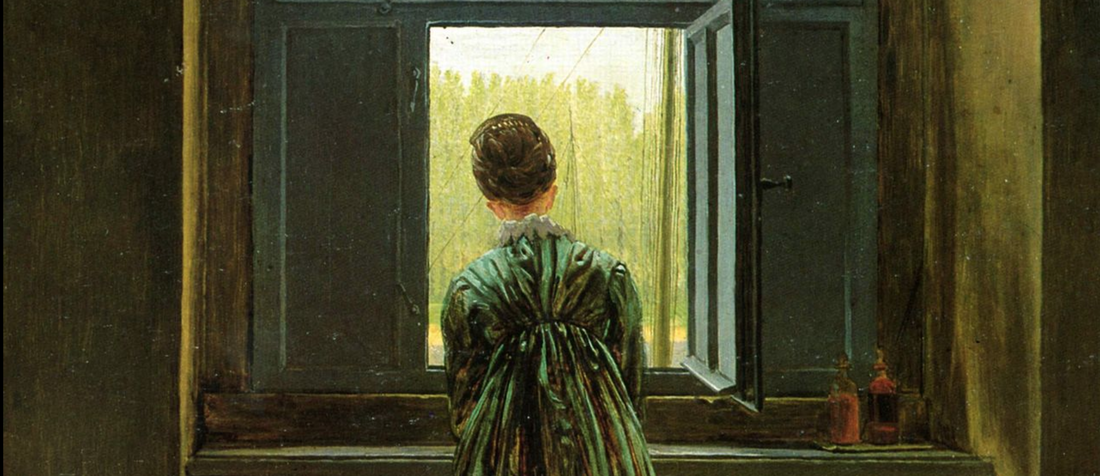
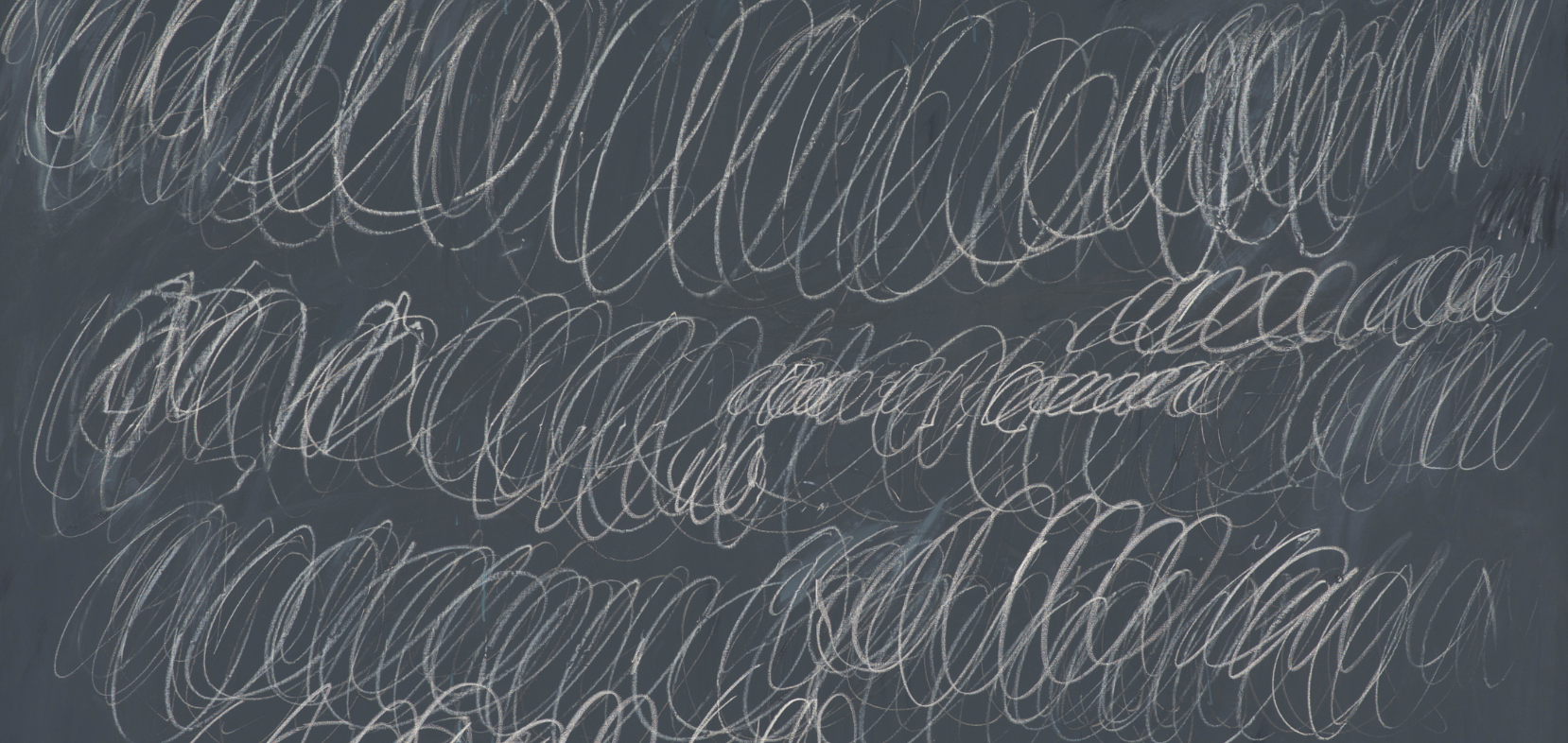
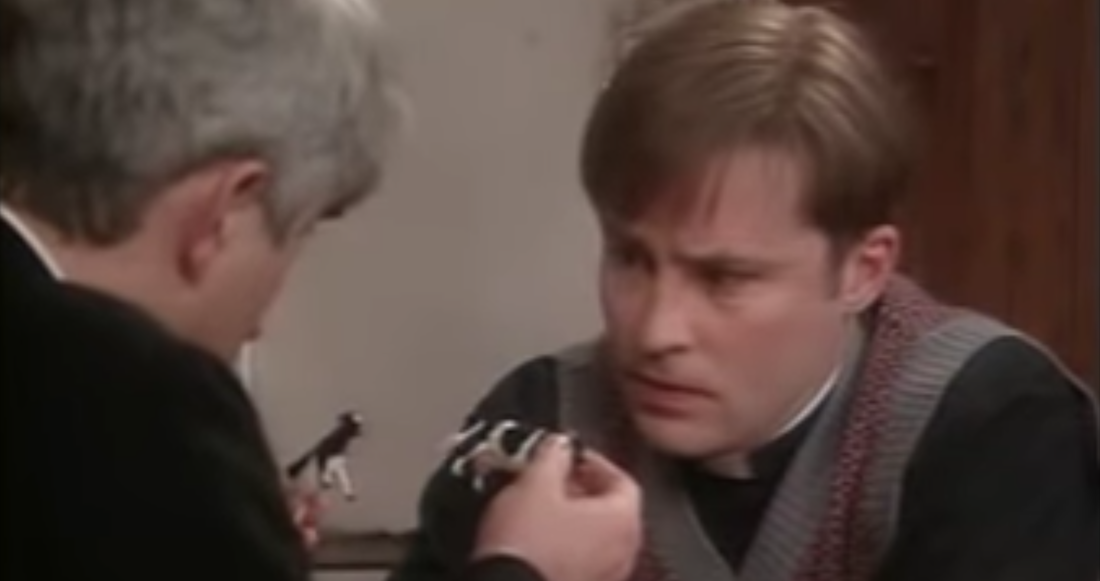
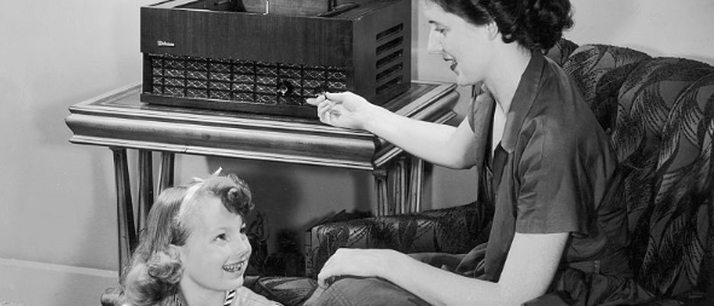

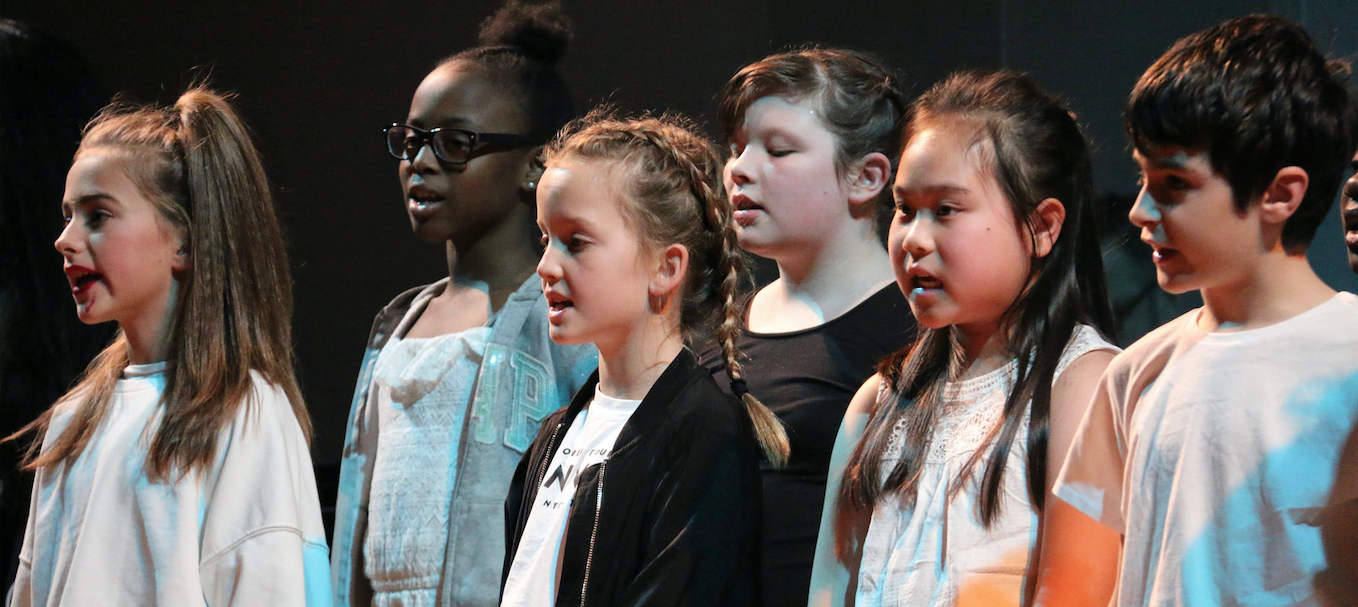

 RSS Feed
RSS Feed